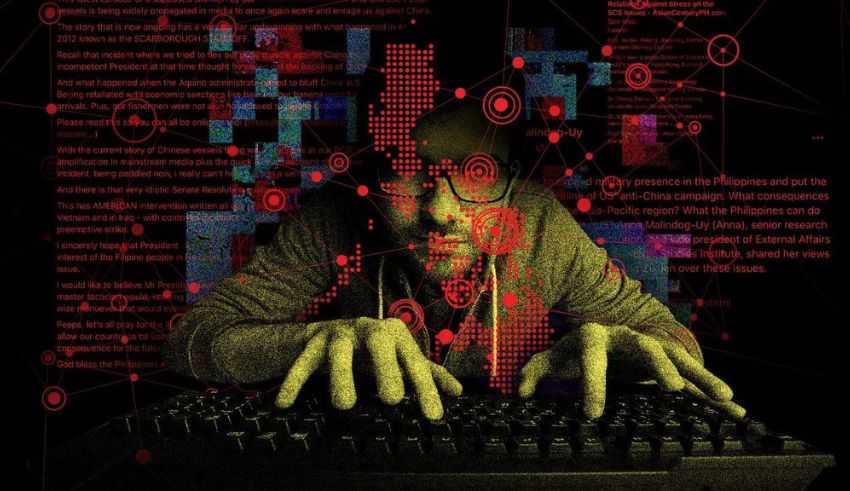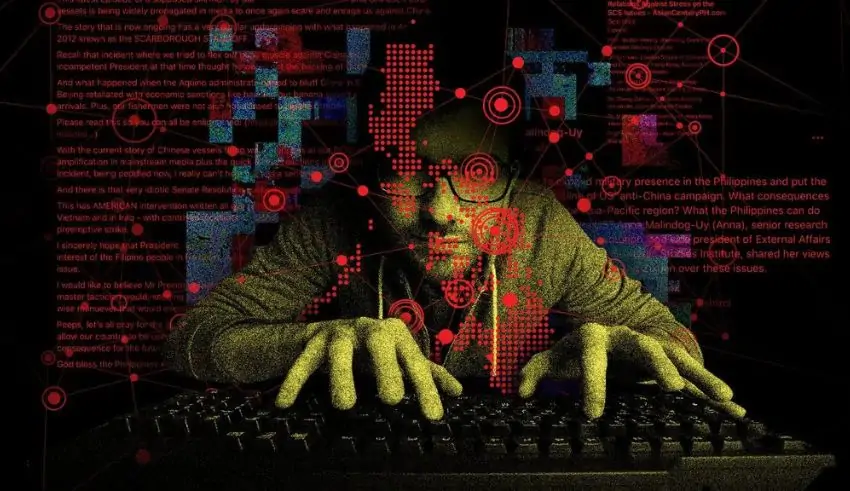

(C) Rappler
In the ever-evolving digital landscape of the Philippines, a covert force has been shaping online narratives, subtly weaving the threads of pro-China sentiment into the country’s digital fabric. This silent digital presence, often camouflaged amidst political discussions, is none other than pro-China propaganda networks.
The genesis of this narrative shift traces back to the presidency of Rodrigo Duterte, whose foreign policy realignment tilted the country’s allegiances toward China. As Duterte’s government openly courted China and distanced itself from Western allies, a digital landscape emerged, one that was increasingly favorable to the Asian superpower.
Yet, the roots of pro-China influence run deeper and longer than many realize. Facebook’s interventions in 2019 and 2020, when it dismantled inauthentic networks linked to Chinese individuals and actors tied to the Chinese government, were early indicators of the growing sway of such networks.
These networks propagated content endorsing Duterte’s policies, supporting China’s territorial claims in the South China Sea, and advocating for China’s expanding influence in the region. Despite these interventions, the pro-China sentiment persisted, often masked by individuals purporting academic expertise to lend credibility to their narratives.
A surge in pro-China posts on Facebook in the second quarter of 2018 heralded a new era of online influence. Coinciding with China’s contentious installation of missiles on artificial islands in the South China Sea, these posts served to downplay China’s actions and challenge the Philippines’ victory in the Hague.
These narratives pose significant threats to the nation’s sovereignty and interests. The challenge arises in distinguishing between genuine expressions of opinion and organized disinformation campaigns.
When online actors start following a script scripted by foreign forces, the line between free speech and coordinated propaganda blurs. As the Philippines grapples with these intricate challenges, it becomes clear that the digital front is as vital as territorial waters in safeguarding the nation’s interests.
In this delicate and ever-shifting landscape, the nation’s ability to navigate these treacherous online waters while preserving its sovereignty and security is paramount. The future of the Philippines may well hinge on this delicate digital balance.
BLACKPINK is planning their fourth concert tour across the globe and their brand-new album for release in 2025. Member Lisa…
The 2024-2025 BOC Life Hong Kong Premier League is a different league which is structured with triple-round robin competition every…
On May 5th the 2025 Met Gala will glitter the world through its return to The Metropolitan Museum of Art…
‘Children’s Day’ is celebrated annually on 5 May in South Korea, on this day across the nation many campaigns, creative…
May is one of the crucial financial months in a year, if you have any important transactions or any official…
If you happen to breathe K-drama, then your 'May 2025' will most likely be well-rendered into a month! Romantic sagas,…
This website uses cookies.
Read More